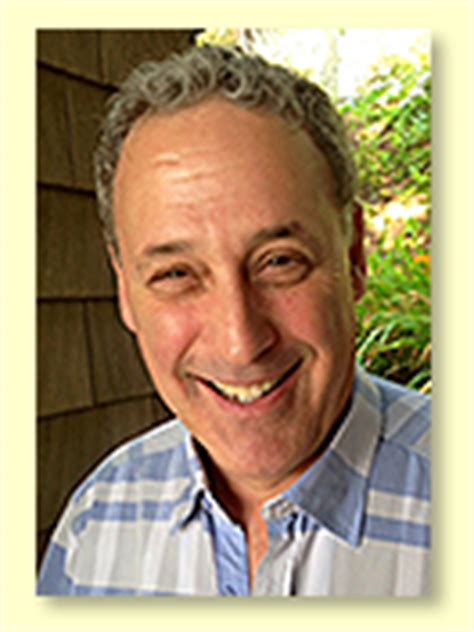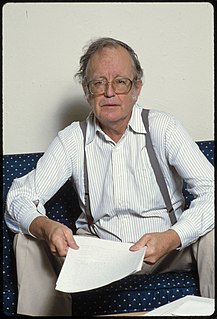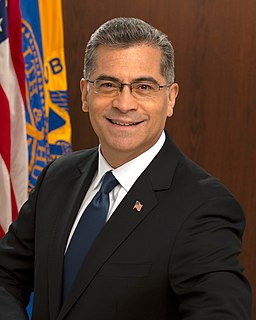A Quote by David Greenberg
One thing that does seem to me to be fairly consistent is that presidents who restrict civil liberties, even in wartime, are usually judged harshly for it. So most people agree that one of the worst stains on the reputation of FDR, who is widely considered a great president, is the internment of Japanese Americans during World War II. Likewise, Lincoln is judged harshly for the suspension of habeas corpus.
Quote Topics
Agree
Civil
Civil Liberties
Considered
Consistent
Corpus
Does
Even
Fairly
Great
Habeas Corpus
Internment
Japanese
Judged
Liberties
Likewise
Lincoln
Me
Most
One Thing
People
President
Presidents
Reputation
Restrict
Seem
Stains
Suspension
Thing
War
Wartime
Widely
World
World War
World War I
World War II
Worst
Related Quotes
Why suspend the habeas corpus in insurrections and rebellions? Examine the history of England. See how few of the cases of the suspension of the habeas corpus law have been worthy of that suspension. They have been either real treasons, wherein the parties might as well have been charged at once, or sham plots, where it was shameful they should ever have been suspected. Yet for the few cases wherein the suspension of the habeas corpus has done real good, that operation is now become habitual and the minds of the nation almost prepared to live under its constant suspension.






































